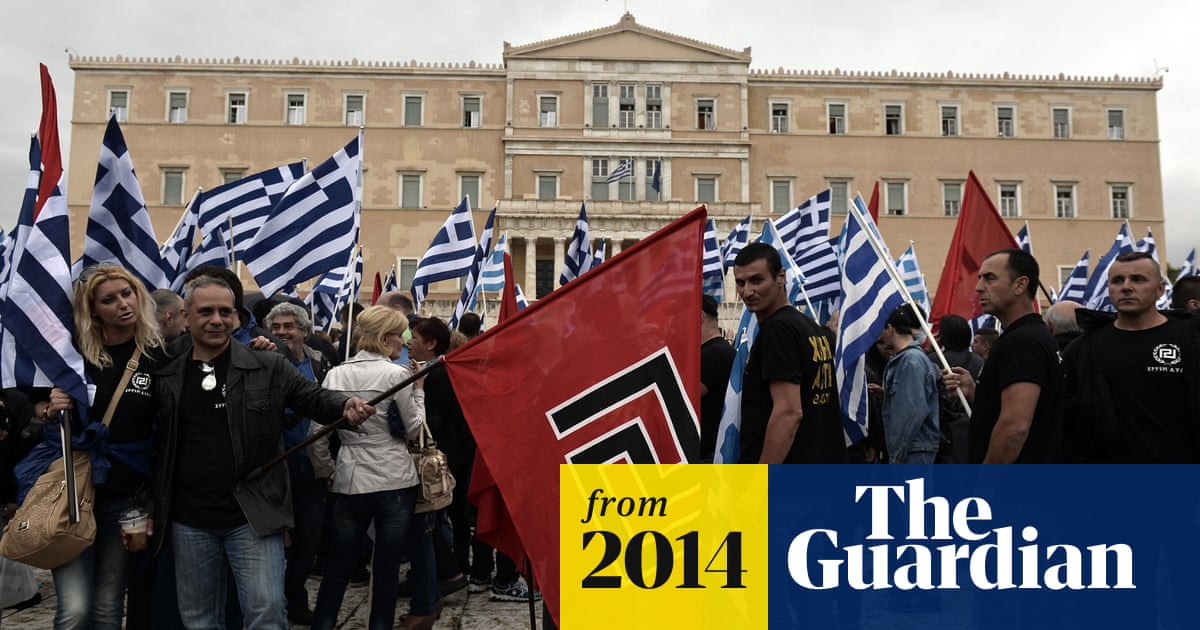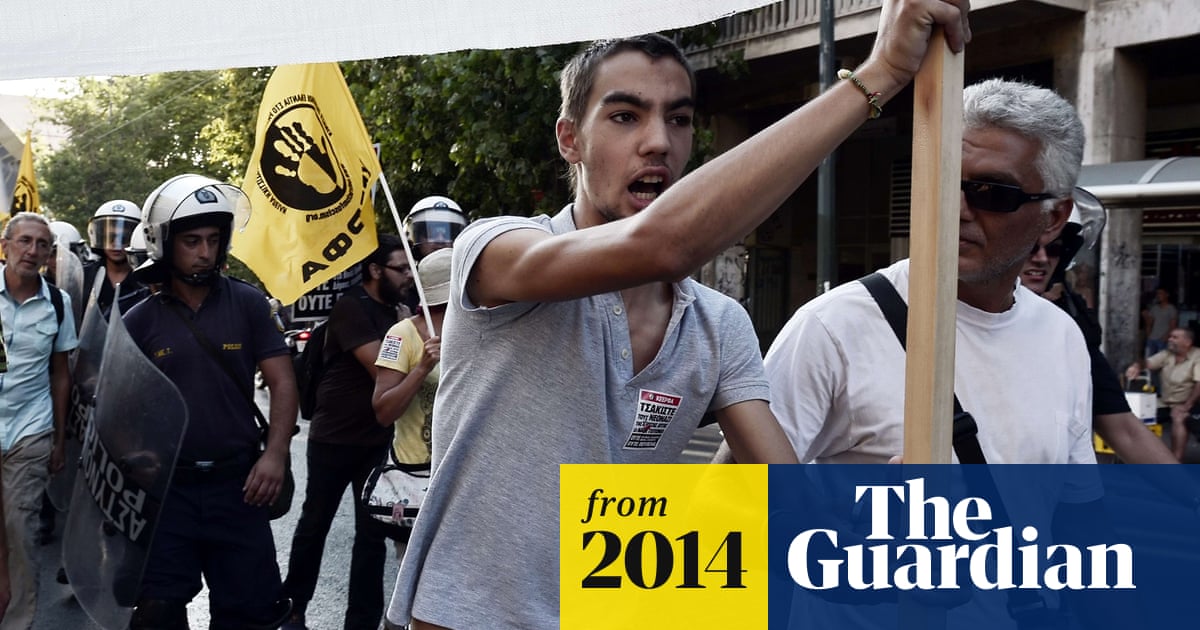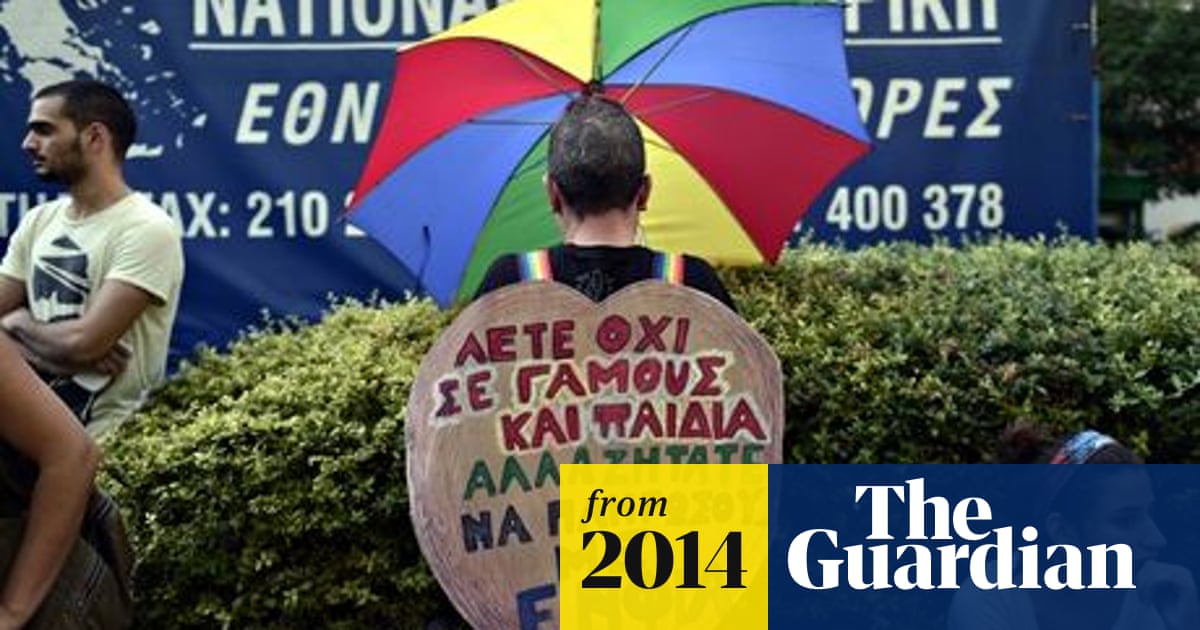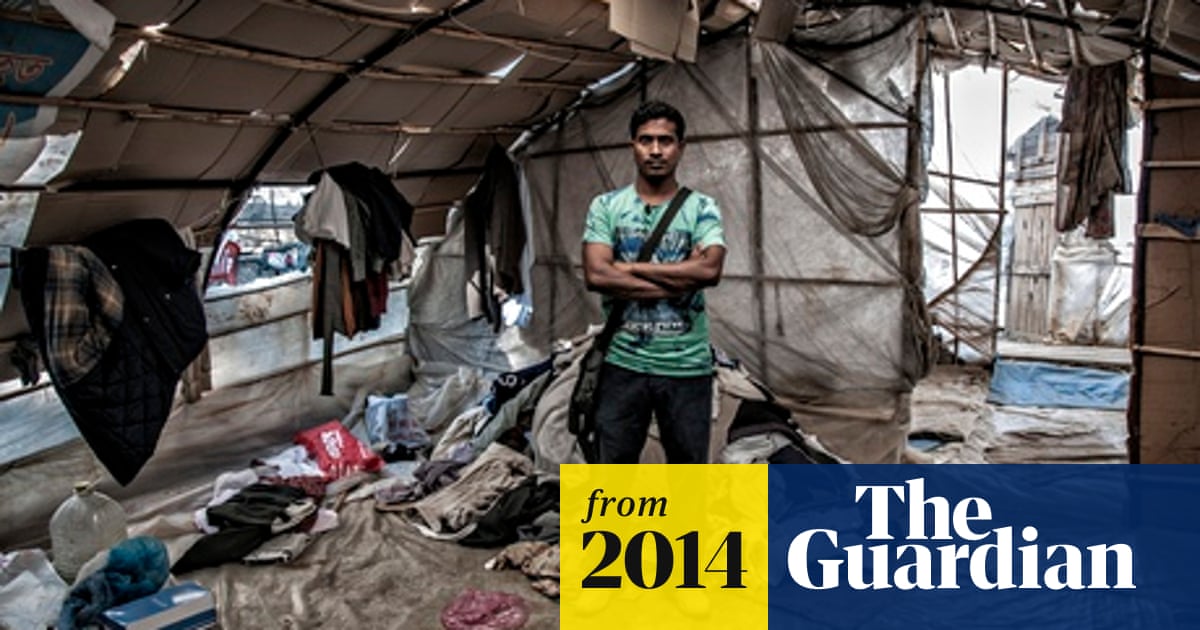Originally posted by Phoenix
View Post
It's the mentality of people changing slowly that put a brake on their rise. It will take some time more unfortunately. But making martyrs out of them will not help.





Comment